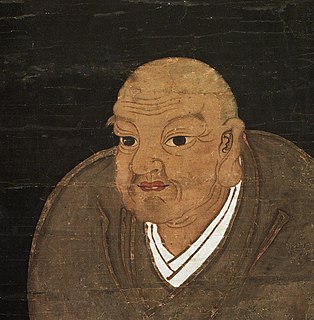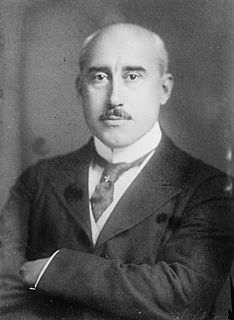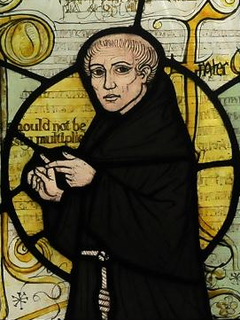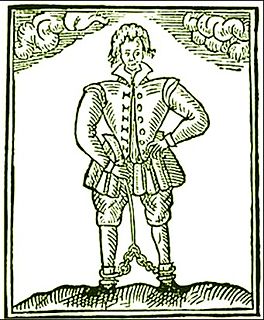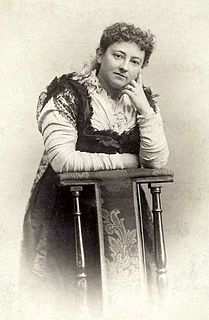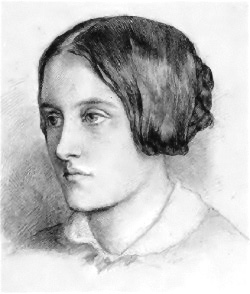A Quote by Randall Wallace
I soared above the song birds
And never heard them sing
I lived my life in winter
And then you brought the spring
Related Quotes
Have you ever heard somebody sing some lyrics that you've never sung before, and you realize you've never sung the right words in that song? You hear them and all of a sudden you say to yourself, 'Life in the Fast Lane?' That's what they're saying right there? You think, 'why have I been singing 'wipe in the vaseline?' how many people have heard me sing 'wipe in the vaseline?' I am an idiot.
Whatever be the depth of woe Along the path that I must go, I'll sing my song— My song of joy for all the love That's lavished on us from above, And count no loss of treasure-trove When things go wrong. I'll sing the sunlight, and the bright Soft smiling stars that gem the night; For gifts of good That God hath spread along my way, The lilt of birds in tuneful play, The harvests full and flowers gay, The whole day long I'll sing my song Of gratitude!
Certain songs have a life, and certain songs don't. A song is like a saddle: you ride it for a while, and if it's the right kind of song you can sing it for the rest of your life. And then other songs are only really important for certain periods of your life, and you move on from them and find yourself not necessarily needing to sing them anymore.
Spring, the sweet Spring, is the year's pleasant king;
Then blooms each thing, then maids dance in a ring,
Cold doth not sting, the pretty birds do sing-
Cuckoo, jug-jug, pu-we, to-witta-woo!
The palm and may make country houses gay,
Lambs frisk and play, the shepherds pipe all day,
And we hear aye birds tune this merry lay-
Cuckoo, jug-jug, pu-we, to-witta-woo!
The fields breathe sweet, the daisies kiss our feet,
Young lovers meet, old wives a-sunning sit,
In every street these tunes our ears do greet-
Cuckoo, jug-jug, pu-we, to-witta-woo!
Spring, the sweet Spring!
An audience will let you know if a song communicates. If you see them kind of falling asleep during the song, or if they clap at the end of a song, then they're telling you something about the song. But you can have a good song that doesn't communicate. Perhaps that isn't a song that you can sing to people; perhaps that's a song that you sing to yourself. And some songs are maybe for a small audience, and some songs are for a wide audience. But the audience will let you know pretty quickly.
As the Little House settled down on her new foundation, she smiled happily. Once again she could watch the sun and moon and stars. Once again she could watch Spring and Summer and Fall and Winter come and go. Once again she was lived in and taken care of. Never again would she be curious about the city... Never again would she want to live there... The stars twinkled above her... A new moon was coming up... It was Spring... And all was quiet and peaceful in the country.
Gone were but the Winter,
Come were but the Spring,
I would go to a covert
Where the birds sing;
Where in the whitethorn
Singeth a thrush,
And a robin sings
In the holly-bush.
Full of fresh scents
Are the budding boughs
Arching high over
A cool green house:
Full of sweet scents,
And whispering air
Which sayeth softly:
We spread no snare;
Here dwell in safety,
Here dwell alone,
With a clear stream
And a mossy stone.
Here the sun shineth
Most shadily;
Here is heard an echo
Of the far sea,
Though far off it be.
Even in a minute instance, it is best to look first to the main tendencies of Nature. A particular flower may not be dead in early winter, but the flowers are dying; a particular pebble may never be wetted with the tide, but the tide is coming in. To the scientific eye all human history is a series of collective movements, destructions or migrations, like the massacre of flies in winter or the return of birds in spring.

